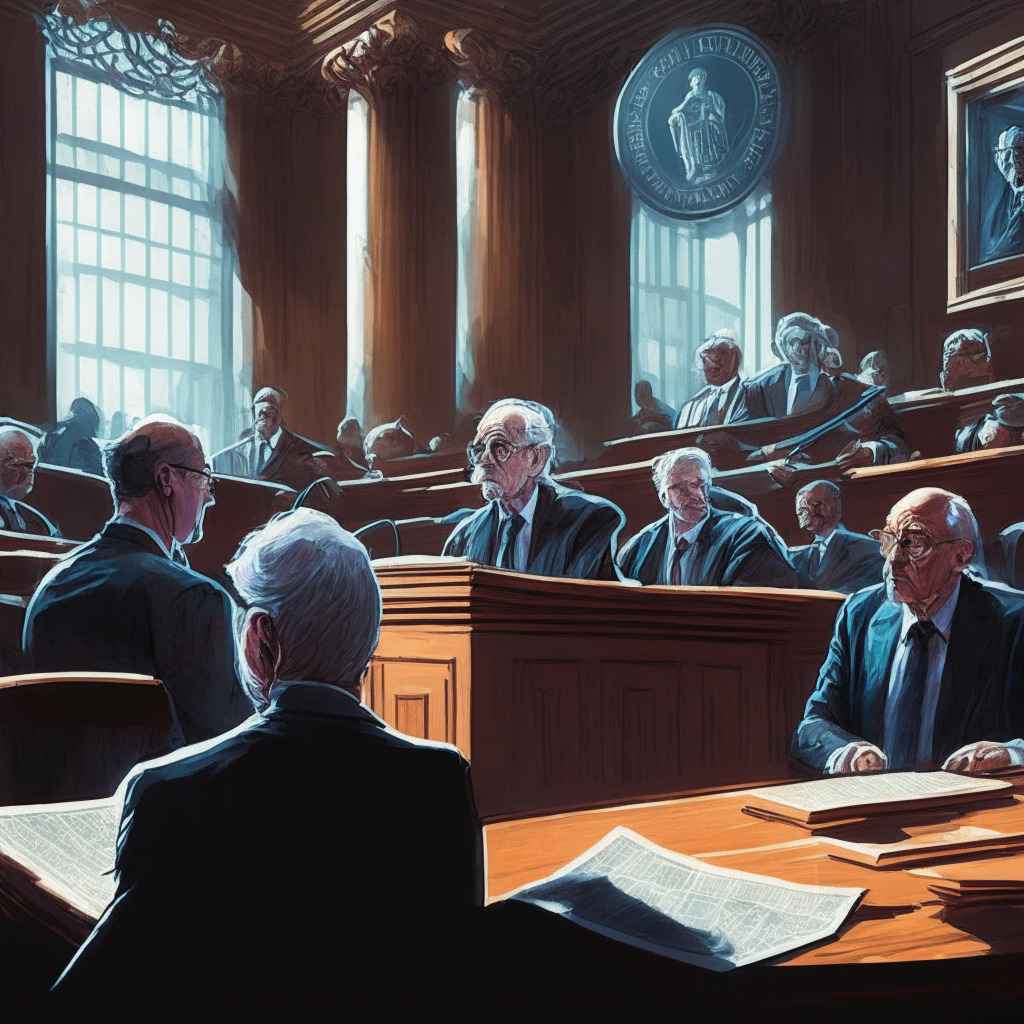The SEC has recently targeted operators of numerous fraudulent websites, allegedly offering exorbitant returns for investments in various securities, including crypto asset mining pools. This move is seen as the latest in its ongoing enforcement spree against fraud and misappropriation in the crypto industry. While some view this approach as beneficial for removing bad actors, others argue that the SEC’s broad enforcement is hurting the industry as a whole.
One of the targeted websites, GA-Investors.org (GAI), promised daily returns of up to 4.5%. The site required users to create private accounts, including a digital wallet address controlled by GAI. According to the SEC, investors were instructed to purchase crypto assets from a separate trading platform and transfer them to GAI using the wallet address provided. This site has since been taken down.
Some experts, like Eversheds Sutherland partner Adam Pollet, argue that eliminating fraudulent and misleading schemes where crypto serves as bait is essential for ridding the industry of bad actors. Pollet suggests that this crack down allows the “good” actors to operate more freely.
However, this opinion is not universally shared. Critics of the SEC’s wide-ranging enforcement argue that the regulator is unfairly targeting everyone in the industry, including exchanges like Coinbase. According to these detractors, this approach is counterproductive and may stifle innovation and growth in the crypto sector.
The SEC’s actions have certainly sent a ripple through the industry, with companies like Coinbase taking them to court to seek clarity on the regulations being enforced. In March, Coinbase received a Wells notice from the SEC, and multiple parties in the crypto industry, as well as the US Chamber of Commerce, have voiced their support by filing amicus briefs.
The Crypto Council for Innovation, for example, contends that the SEC’s enforcement-only approach leaves good actors in the industry without a clear path forward. As a result, the ongoing battle between regulators and industry players shows no signs of easing.
In conclusion, the SEC’s latest targeting of fraudulent websites offering high returns on crypto-related investments is expected to impact the industry in various ways. Some argue that enforcing regulations to eliminate bad actors is necessary for the overall health of the market, while others assert that the broad crack down is hurting the crypto space. As the debate continues, companies and regulators will need to determine the best way forward for the future of the industry.
Source: Blockworks




